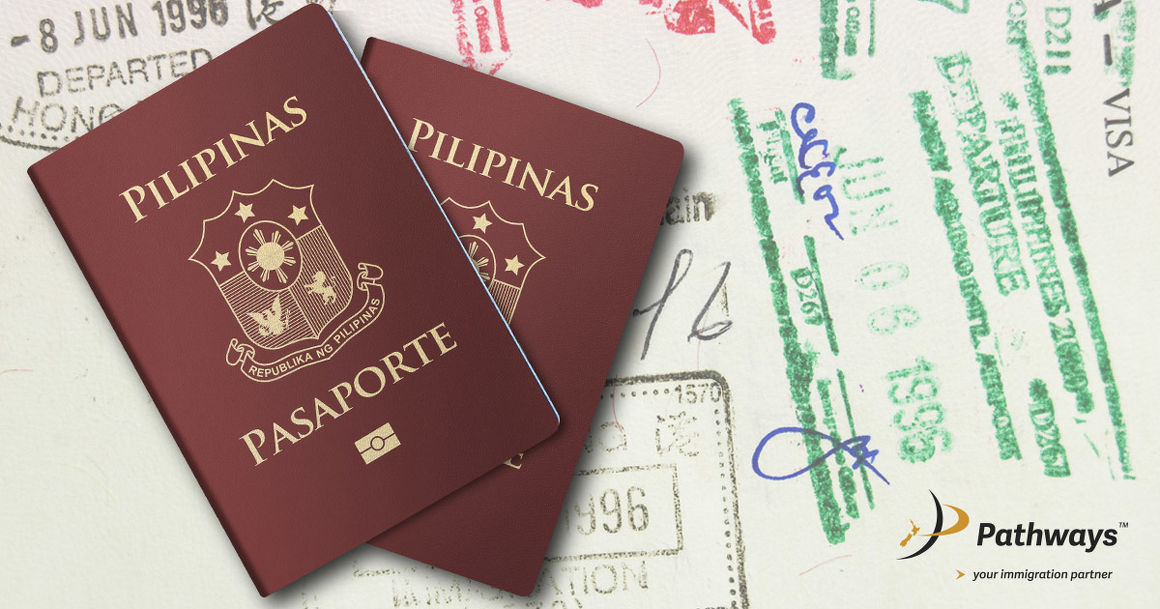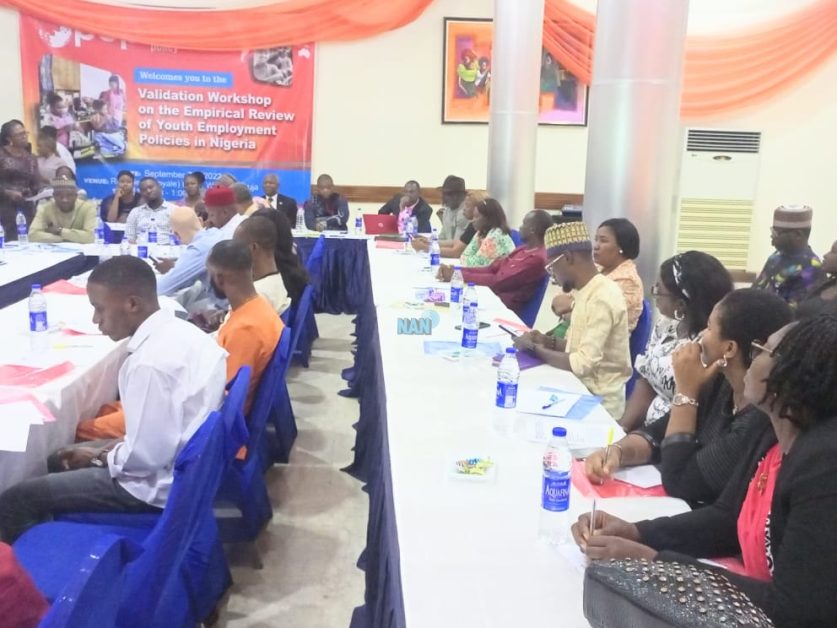Obtaining a visa for the Philippines is generally not considered hard . The country offers various visa types, including tourist, business, and transit visas. Requirements typically include a valid passport, completed application form, proof of sufficient funds, and travel itinerary.

Brief Overview of the Philippines
The Philippines, officially known as the Republic of the Philippines, is an archipelagic country in Southeast Asia. It is situated in the western Pacific Ocean and consists of 7,641 islands, categorized into three main geographical divisions: Luzon, Visayas, and Mindanao. The country’s capital and largest city is Manila, located on the island of Luzon.
Understanding the Philippines Visa Requirements
Understanding the visa requirements for the Philippines is a critical step in planning your journey. Here, we’ll delve into the details, focusing on documentation, financial requirements, and health and security checks.
Documentation
Getting a visa for the Philippines involves a specific set of documents that applicants must prepare. These include:
- A valid passport: Your passport should have at least six months of validity beyond your intended stay in the Philippines.
- Application form: You need to complete the Philippines visa application form with accurate information.
- Photographs: Typically, you will need to provide passport-sized photos with your application.
- Proof of onward travel: You should show proof of your intent to leave the Philippines, typically in the form of a return or onward flight ticket.
- Additional documentation may be necessary depending on the specific visa category. For instance, a work visa might require an employment contract or a letter from your future employer in the Philippines.
Remember to check the official Philippines government website for the most accurate and updated information.
Financial Requirements
The Philippines government needs to ensure that all visitors have the means to support themselves during their stay. Therefore, you may need to show proof of financial stability. This might be in the form of:
- Bank statements: These documents can prove you have enough funds for the duration of your stay.
- Proof of employment or a letter from your employer stating your position and salary.
- For business owners, business registration documents or tax returns could serve as proof of financial stability.
Health and Security Checks
Certain health and security checks are necessary to protect the well-being of everyone in the country.
- Health checks: Depending on your country of origin and the length of your stay, you may need to provide proof of vaccinations or medical examinations. Check with your local Philippines embassy or consulate for the most accurate information.
- Security checks: You may need to provide a police clearance certificate to prove you don’t have a criminal record. In certain cases, an interview at the embassy or consulate may also be required.
Step-by-Step Guide to Apply for a Philippines Visa
The process of applying for a Philippines visa can seem daunting, but breaking it down into steps can make it more manageable. Here’s a step-by-step guide to assist you.
Online Application Process
The Philippines visa application process starts online, regardless of the type of visa you’re applying for.
- Visit the official website: First, navigate to the official website of the Philippines Department of Foreign Affairs.
- Choose the right visa: Depending on your purpose of travel, select the correct category of visa.
- Fill in the application form: Complete the application form with accurate information. Double-check all details before submission.
- Upload documents: You need to upload scanned copies of the necessary documents, such as your passport and photograph.
- Pay the fee: Pay the visa application fee through the available online payment methods.
Application via Embassy or Consulate
Some applicants may need to or choose to apply through a Philippines embassy or consulate.
- Book an appointment: Make an appointment with your nearest Philippines embassy or consulate.
- Prepare documents: Collect all the necessary documents outlined by the embassy or consulate. Make sure they are accurate and up-to-date.
- Submit your application: On the day of your appointment, submit your visa application in person.
- Attend an interview: Depending on the visa type, you may need to undergo an interview.
After Submission: Tracking Your Application
After submitting your application, you can track its progress.
- Check online: Visit the official website and use their tracking service with your application number.
- Check with the embassy or consulate: You can also contact the embassy or consulate where you submitted your application for updates.
Common Reasons for Visa Rejection
Despite thorough preparation, some visa applications to the Philippines get rejected. Understanding the common reasons for rejection can help you avoid them.
Incomplete Documentation
One of the main reasons for visa rejection is incomplete documentation.
- Failure to submit all necessary documents: Always check the official website or contact the embassy or consulate to understand exactly what documents you need.
- Errors in the application form: A single mistake in the visa application form can lead to rejection. Carefully review all the information before submission.
- Outdated or invalid documents: Ensure all documents, like your passport, are current and valid.
Inadequate Financial Support
Proof of financial stability is a crucial part of the visa application.
- Insufficient funds: You must be able to demonstrate that you can financially support yourself throughout your stay in the Philippines.
- Inconsistent financial records: Large deposits or transactions can raise suspicions if they’re not consistent with your stated income or employment.
- Failure to provide proof: Official documents, like bank statements or employment letters, are the best way to demonstrate financial stability.

Security Concerns
Safety is a major concern for any country when issuing visas.
- Criminal history: A criminal record can lead to visa rejection. This information is typically obtained through security checks.
- Overstay history: If you have overstayed your visa in the Philippines or another country, this could negatively impact your application.
- False information: Providing false or misleading information during your application process is a serious issue and can result in a visa denial.